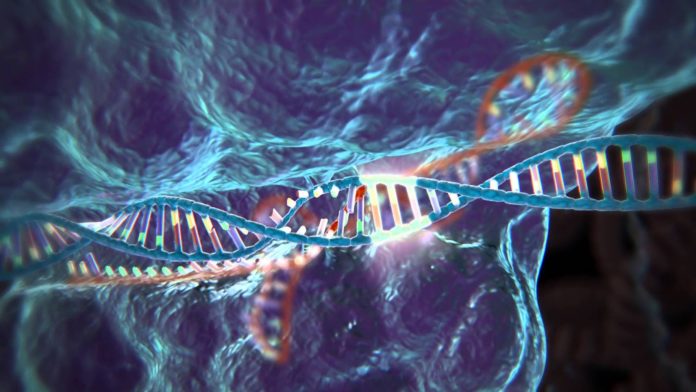Life extension science, also known as anti-aging medicine, indefinite life extension, experimental gerontology, and biomedical gerontology, is the study of slowing down or reversing the processes of aging to extend both the maximum and average lifespan.The ability to achieve this, however, does not currently exist.
The body’s ability to repair DNA damage declines with age, which causes gradual cell demise, overall bodily degeneration and greater susceptibility to cancer.
However now, research reveals a critical step in a molecular chain of events that allows cells to mend their broken DNA.
Scientists have identified a vitamin that plays a key role in repairing damaged DNA and may lead to the development of a drug that can reverse ageing, fight cancer as well as help in space travel.
The study, published in the journal Science, identified how a vitamin called NAD+,naturally present in every cell of our body,was regulating the interactions that control DNA repair.
Treating mice with a NAD+ precursor, or “booster”, called NMN improved their cells’ ability to repair DNA damage caused by radiation exposure or old age.
“The cells of the old mice were indistinguishable from the young mice, after just one week of treatment,” said lead author David Sinclair, who is a professor at University of New South Wales in Australia.
“We took old mice that were 20 months old which is equivalent to a 60-70-year-old human and we gave them NMN and we found that many aspects of ageing were reversed,” Professor Sinclair said.
The results shed light on the mechanism behind cellular demise induced by DNA damage. They also suggest that restoring NAD levels by NMN treatment should be explored further as a possible therapy to avert the unwanted side effects of environmental radiation, as well as radiation exposure from cancer treatments.
“Their DNA repair activities went up to youthful levels and they were more resistant to radiation and should therefore be more protected against cancer and ageing itself.
The findings may lead to drugs to treat cancer, Alzheimer’s, protect astronauts from radiation during their various missions to space, as well as mitigate any effects of DNA damage for frequent flyers, the researchers said.
Human trials of NMN therapy will begin within six months.
“This is the closest we are to a safe and effective anti-ageing drug that’s perhaps only three to five years away from being on the market if the trials go well,” Sinclair added.


























